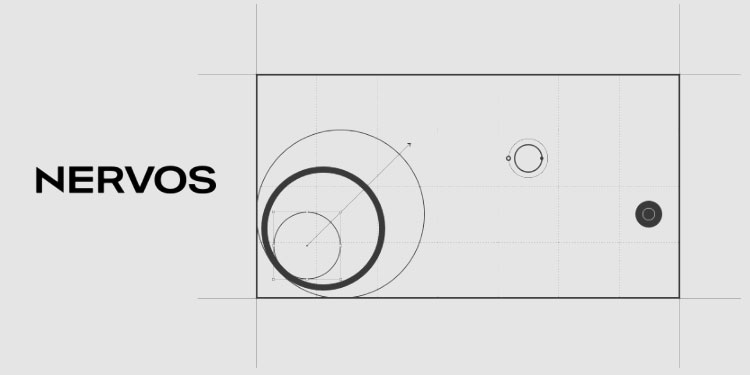Nervos, a collection of protocols and public blockchain ecosystem, today announced that Force Bridge, its cross-chain asset system, has launched on mainnet. Force Bridge is now connected to Ethereum and will soon connect to Cardano and other EVM and non-EVM chains such as Bitcoin, TRON, EOS, and Polkadot.
A trustless cross-chain bridge, Force Bridge allows for seamless transactions between the Nervos ecosystem and other public chains, making it easier for developers to extend their dApps to Nervos. Currently, the bridge supports ETH and whitelisted ERC-20 tokens, including Dai (DAI), Tether (USDT), and USD Coin (USDC), with more tokens to come in the future.
Note, no $CKB, the native token of Nervos, is required to transfer assets to Nervos via the Force Bridge.
How Force Bridge Works
While most cross-chain bridges require multiple steps before an asset can be moved, Force Bridge requires only a simple contract deployment to begin asset transfer to a user or decentralized app (dApp).
When users send assets from Ethereum using the Force Bridge user interface (UI), the asset gets locked into a multi-signature wallet on Ethereum. Corresponding tokens are then minted on Nervos and sent to the corresponding users’ wallet addresses.
To ensure the safety and security of assets as they move cross-chain, the Nervos community formed a Force Bridge committee to ensure that the smart contract wallet is secure on Ethereum.
“The Force Bridge plays an integral role in our suite of multi-chain solutions, which are aimed at creating Universal Applications that transcend individual blockchains. With the recent launch of some of our other multi-chain solutions, Polyjuice and Godwoken which were tested during our recent Hackathon, and now the Force Bridge, we’re making important progress in our roadmap and moving closer to a truly interconnected blockchain ecosystem.”
– Kevin Wang, Co-Founder at Nervos
Cross-Chain Bridge
Earlier this year, Nervos announced it would connect to Cardano, the latest project in an existing research collaboration between Nervos and IOHK.
Once completed, it will be the first cross-chain bridge to Cardano, allowing users to use Nervos and Cardano’s native currencies ($CKB and $ADA, respectively) interchangeably, as well as create their own tokens (user-defined tokens) across both blockchains.
As Nervos moves closer towards its vision for an interoperable blockchain ecosystem. users from other blockchains will soon be able to use their wallets to trade in the same liquidity pool on CKB with Yokaiswap, the first interoperable AMM, DEX, yield farming, & staking platform in the Nervos ecosystem. Additionally, the project is developing an update to transfer $CKB to Ethereum as wrapped $CKB (wCKB).
Kevin added, “Progress on the blockchain is an iterative process. As we continue to make headway on the Force Bridge and our multi-chain solutions, we look forward to receiving feedback from the community.”
Nervos Launches The Force Bridge
The Nervos Common Knowledge Base (CKB) is a layer-1, proof of work, public, permissionless blockchain protocol of the Nervos Network. It allows any crypto asset to be stored with the security, immutability, and permissionless nature of Bitcoin while enabling smart contracts and layer-2 scaling.
Force Bridge is a cross-chain system of different protocols, CKB contracts, and off-chain modules to support decentralized, redeemable tokens on CKB, supply-pegged to any asset on any blockchain.






















